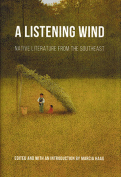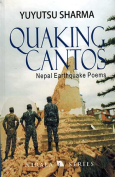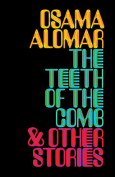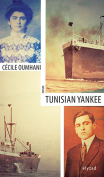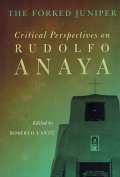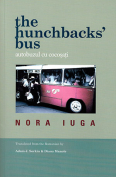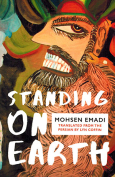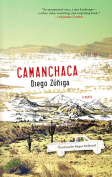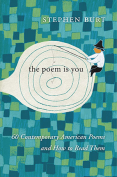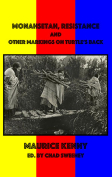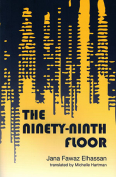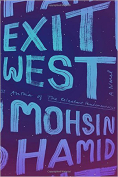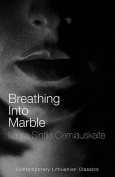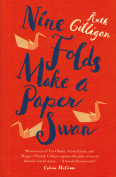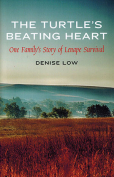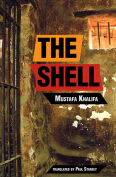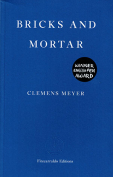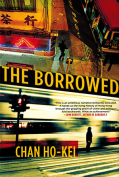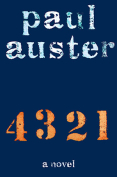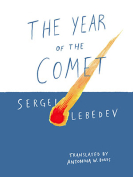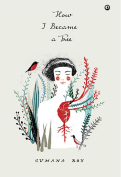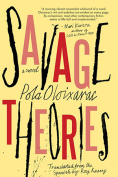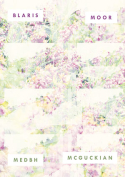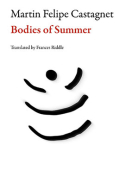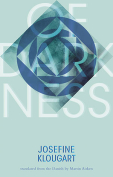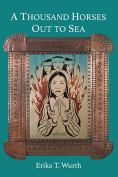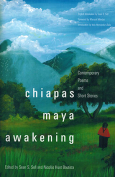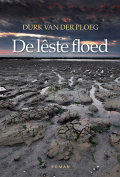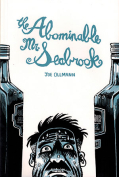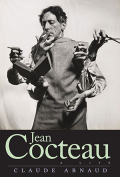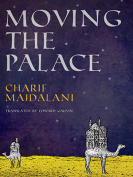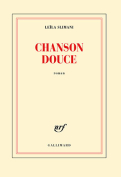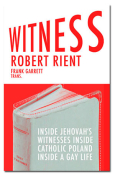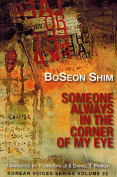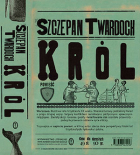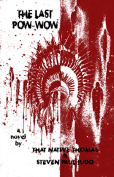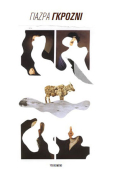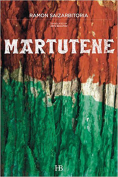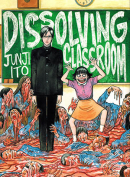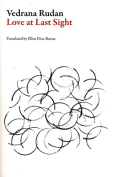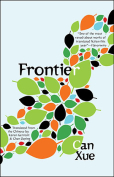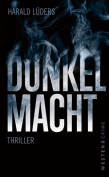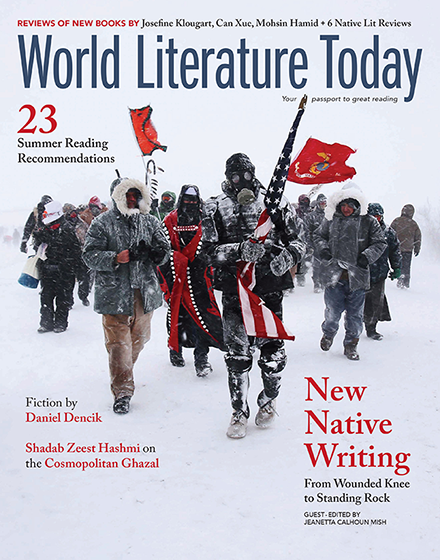The Hunchbacks’ Bus by Nora Iuga
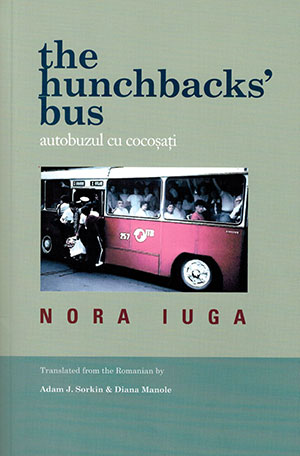 Fayetteville, New York. Bitter Oleander Press. 2016. 117 pages.
Fayetteville, New York. Bitter Oleander Press. 2016. 117 pages.
The Hunchbacks’ Bus marks the first published collection of Nora Iuga’s poetry in English, a reminder that too many prominent Romanian authors remain underrepresented in translation. Born in 1931, Iuga has written over thirty books of poetry and prose, a prolific output made all the more remarkable considering Romania’s Communist government censored her from 1971 to 1978. This volume serves as a fine introduction to Iuga’s singular poetic style. The fantastic adventures of the hunchback sam (the author is dedicated in her resistance to capitalization) and his idiosyncratic family read like an absurdist parable, instructing readers to look carefully and resist finding too much meaning in whatever they think they see.
Iuga intersperses her verses with five brief, reflective interludes. As this eccentric mix of misfits refashion the absurdity of day-to-day life into dreamlike narratives, the collection simultaneously invites and defies the reader to construct a lucid story from the proceedings. Iuga’s reflections, in one of her prose interludes, could well serve as a kind of instructional manual: “let’s say sam doesn’t have a woman, doesn’t have children, doesn’t have a brother, but / has a boss. every morning when he goes to work he wants to remember what he dreamt.”
The short poems here demonstrate a curt lyricism, mixing Iuga’s playful tone with a restrained use of consonance to create lines that feel taut yet vibrant, as in “sam, did you pay the water bill you kept asking,” where our hero addresses his wife: “minadora, do you remember / how you used to knock my hump in the morning / inside it the nile could be heard murmuring.” This collection, like much of Iuga’s poetry, responds well to translation, relying heavily on the author’s distinctive voice and a vivid catalog of provocative imagery. At the book’s center, sam is wonderfully wounded, a dark and evocative striver, or, as he describes it, “i’m a mushroom bursting with spores / a sax rich with sounds / i’m the unfortunate prince of Denmark / my beloved’s nunnery is a brothel / i strap a red light on my forehead / whenever i walk the tightrope.” Iuga walks the reader right along after—dazed, astonished, and eager to see what’s on the other side.
Martin Woodside
Philadelphia
Get the book on Amazon or add it to your Goodreads reading list.

